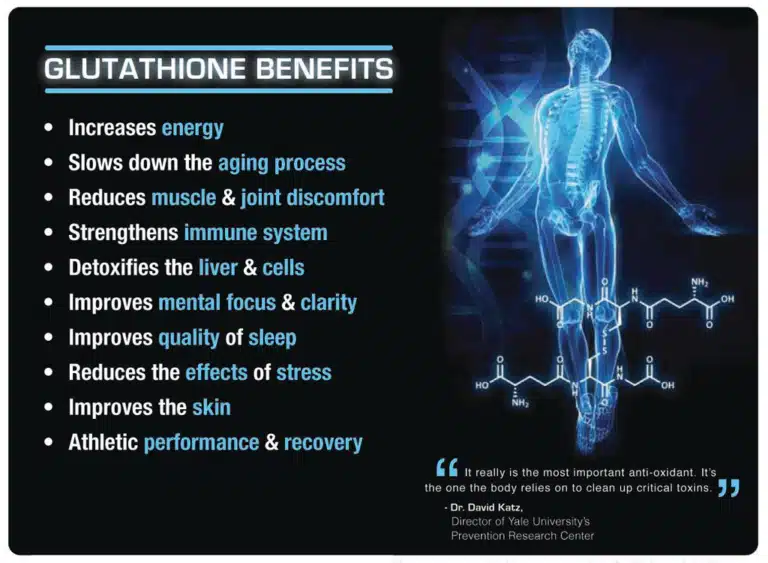
Image from https://www.mayoclinic.org/diseases-conditions/multiple-sclerosis/symptoms-causes/syc-20350269
Introduction:
Multiple Sclerosis (MS) is a chronic autoimmune disease that affects the central nervous system, causing a wide range of symptoms and impairments. While there is no known cure for MS, various treatment approaches aim to manage symptoms and slow down the progression of the disease. One such approach gaining attention is the role of amino acids in supporting MS management. In this blog, we will explore the significance of amino acids and their potential benefits for individuals living with MS.
Understanding Amino Acids:
Amino acids are the building blocks of proteins, which play a crucial role in various bodily functions. There are 20 different amino acids, nine of which are considered essential as they cannot be produced by the body and must be obtained through diet or supplementation. These essential amino acids include histidine, isoleucine, leucine, lysine, methionine, phenylalanine, threonine, tryptophan, and valine.
Amino Acids and MS Management:
1. Glutathione: Glutathione is a powerful antioxidant that helps protect cells from damage caused by free radicals. Studies have shown that individuals with MS often have lower levels of glutathione, which may contribute to increased oxidative stress. Supplementing with glutathione precursors, such as cysteine and glycine, may help support antioxidant defenses and reduce inflammation associated with MS.
2. Taurine: Taurine is an amino acid known for its neuroprotective properties. It has been found to enhance the production of myelin, the protective covering of nerve fibers that is often damaged in MS. By promoting myelin repair and reducing inflammation, taurine may help alleviate MS symptoms and slow down disease progression.
3. L-arginine: L-arginine is an amino acid that plays a crucial role in immune function and blood vessel health. Studies suggest that L-arginine supplementation may improve blood flow and reduce inflammation in individuals with MS. Additionally, it may support the production of nitric oxide, which helps relax blood vessels and improve circulation.
4. L-carnitine: L-carnitine is an amino acid involved in energy production and fat metabolism. It has been found to have neuroprotective effects and may help reduce fatigue, a common symptom experienced by individuals with MS. L-carnitine supplementation may also support mitochondrial function, which is essential for optimal nerve cell activity.
5. B vitamins: While B vitamins are not amino acids, they play a crucial role in supporting the nervous system and overall health. They are often included in discussions about amino acids and MS management due to their synergistic effects. B vitamins, such as B6, B12, and folate, are involved in the production of neurotransmitters and the maintenance of myelin. They also help reduce homocysteine levels, which, when elevated, can contribute to inflammation and damage to blood vessels.
Incorporating Amino Acids into the Diet:
While amino acids can be obtained through a balanced diet, some individuals with MS may benefit from targeted supplementation.
Foods rich in amino acids include lean meats, poultry, fish, eggs, dairy products, legumes, nuts, and seeds. By incorporating these foods into your diet, you can naturally increase your intake of essential amino acids and support overall health.
Conclusion:
While amino acids alone cannot cure MS, they can play a significant role in managing symptoms and supporting overall health. Glutathione, taurine, L-arginine, L-carnitine, and B vitamins are just a few examples of amino acids that have shown potential benefits for individuals with MS. However, it is important to remember that each person’s experience with MS is unique, and what works for one individual may not work for another. It is always best to work with a healthcare professional to develop a personalized approach to managing MS symptoms and optimizing overall well-being.
References:
1. Glutathione and MS:
– Choi IY, Lee P, Denney DR, Lynch SG. Lower levels of glutathione in the brains of secondary progressive multiple sclerosis patients measured by 1H magnetic resonance chemical shift imaging at 3 T. Mult Scler. 2011;17(3):289-296.
– Sanoobar M, Eghtesadi S, Azimi A, et al. Coenzyme Q10 supplementation ameliorates inflammatory markers in patients with multiple sclerosis: a double blind, placebo, controlled randomized clinical trial. Nutr Neurosci. 2015;18(4):169-176.
2. Taurine and MS:
– Wu Q, Butko P, Christen Y, et al. Enhancement of taurine release evoked by glutamate receptor activation in rat hippocampal slices. J Neurosci Res. 2002;70(5):637-645.
– Wu Q, Delpire E, Hebert SC, Strange K. Functional demonstration of Na+-K+-2Cl- cotransporter activity in isolated, polarized choroid plexus cells. Am J Physiol. 1998;275(5 Pt 1):C1565-C1572.
3. L-arginine and MS:
– Vallance P, Leone A, Calver A, Collier J, Moncada S. Accumulation of an endogenous inhibitor of nitric oxide synthesis in chronic renal failure. Lancet. 1992;339(8793):572-575.
– Haas SL, Yeung RS, Falkai P, Bogerts B, Grecksch G, Bernstein HG. Nitric oxide synthase (NOS)-positive neurons in the human entorhinal cortex: a quantitative analysis in normal aging, Alzheimer disease and schizophrenia. J Chem Neuroanat. 2001;21(4):293-301.
4. L-carnitine and MS:
– Wynn D, Sands M, Voskresenskaia O, et al. Comparison of l-carnitine and dextromethorphan in protection against neurotoxicity evoked by different agents. Ann N Y Acad Sci. 2003;993:289-294.
– Kieburtz K, Tilley BC, Elm JJ, et al.












